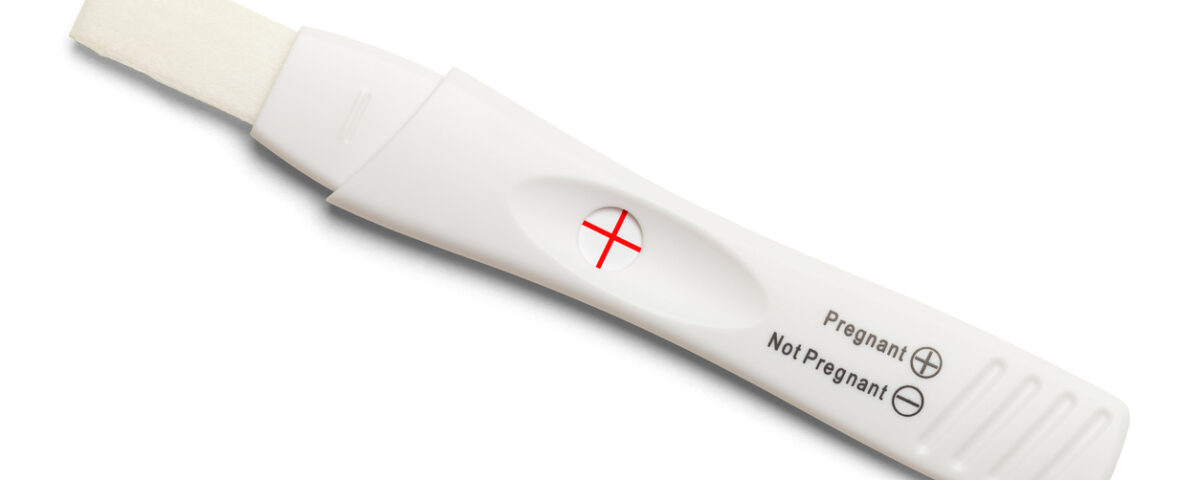The journey towards conception is a time to optimize the health and well-being for both partners. While numerous factors influence fertility, a balanced and nutrient-rich diet and supplement regime plays a crucial role in supporting female reproductive health. Here are my top nutrients that females should focus on when trying to conceive, as they can significantly enhance their chances of achieving a successful pregnancy:
- Folate: Folate is often prescribed for fertility in its synthetic form, folic acid. Folic acid is known to prevent neural tube defects in the developing fetus. As neural tube defects typically happen early in pregnancy, women should be supplementing with this nutrient 3 months prior to conception at a dose of 400 micrograms to 1,000 micrograms per day. Some prenatal vitamins contain folic acid (the synthetic form of folate) whereas other prenatal vitamins contain 5-methyltetrahydrofolate (or 5-MTHF, the active and more absorbable form of folate). Why take one form over another? The research that supports the use of folate to prevent neural tube defects has been done using folic acid. This is why many healthcare providers prefer this form of the nutrient. We do know however that some people do not efficiently convert folic acid into its active form 5-MTHF due to certain gene variants. For that reason, many complimentary health providers are proponents of supplementing with 5-MTHF.
- Choline: Choline is actually not a vitamin or a mineral however it is often grouped with B vitamins due to its similarities. Along with folate, choline helps prevent neural tube defects in pregnancy. It also helps to support the function of the placenta and fetal brain development. It is important to note that many prenatal vitamins do not include meaningful amounts of choline.
- Iron: Iron status should be assessed a few months prior to conception as it is ideal to start a pregnancy with adequate iron stores. Iron demands are high during pregnancy due to the doubling of blood volume, a developing placenta, and the needs of the fetus. We also need to take into consideration that women lose significant amounts of blood during a vaginal delivery or c-section. Additionally, iron deficiency anemia in pregnancy can put you at risk of postpartum hemorrhage. In the postpartum period, it is ideal to have iron stores that are sufficient to support energy levels overall. On top of the additional iron needs during pregnancy, it is important to note that it is difficult to supplement iron in the first trimester of pregnancy since it commonly aggravates nausea. Iron stores should be evaluated as not all women require iron in the preconception period.
- Omega 3 Fatty Acids: Omega 3 fatty acids are important for fertility as they can improve egg quality, delay ovarian aging, and improve pregnancy rates. During pregnancy, omega 3 fatty acids help to support fetal brain and eye development. They reduce the risk of preterm birth, and have a positive to postpartum depression.
- Vitamin D: Studies have linked vitamin D deficiency during pregnancy to higher rates of preterm birth, pre-eclampsia and gestational diabetes.
- Antioxidants: Antioxidants will help protect reproductive cells from oxidative stress. Overall antioxidants improve egg quality (and sperm quality). Co-enzyme Q10 is the most well-known antioxidant to support fertility as it has been shown to improve pregnancy rates. It is important to start supplementation with co-enzyme Q10 approximately 3 months before trying to conceive as it takes that long for egg and sperm to develop.
While there are no guarantees when it comes to conceiving, optimizing your nutrient intake can significantly improve your chances of a successful pregnancy. Remember that a well-balanced diet, regular exercise, and a healthy lifestyle are key components of fertility. If you’re having difficulty conceiving, consult a healthcare professional to discuss personalized recommendations and potential underlying issues. By prioritizing these essential nutrients and taking proactive steps, you can increase your odds of welcoming a new addition to your family.
Dr Ashley von Martels ND is a naturopath in Toronto focusing on Women’s Health. Her areas of interest include: PCOS, irregular periods, acne, interstitial cystitis, UTI’s, yeast infections, PMS, endometriosis, menopause, fertility, pregnancy and preconception (amongst others). She offers virtual consultations to patients across Ontario.





